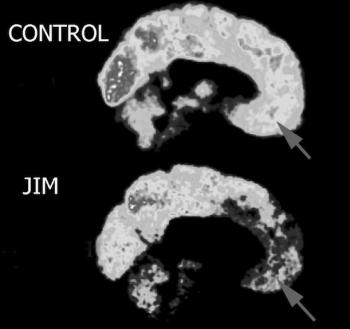New research studying the pressures of sexting on adolescents has found that friends and romantic partners are the main source of social pressure, outweighing adolescents' own attitudes. This research examines the principal drivers of sexting, and suggests areas for educators to focus upon in order to highlight the potential risks involved in sexting.
The paper 'Under pressure to sext? Applying the theory of planned behavior to adolescent sexting', by Michel Walrave, Wannes Heirman & Lara Hallam, published in
Behavior & Information Technology, studied the beliefs, social pressures, and predictors of sexting in adolescents.
Sexting is defined as the sharing of sexually explicit text messages or naked/semi-naked self-pictures using mobile phones. 26% of the teens surveyed had engaged in sexting in the two months preceding the survey.
Adolescents revealed that they sext for attention, to lower the chances of catching STDs, and to find a romantic partner. The concepts of receiving a bad reputation, or of being blackmailed, did not appear to influence their motivations. The authors note that "Remarkably, only the behavioral beliefs that expected positive outcomes of sexting were significant in predicting adolescents' willingness to engage in it."
Friends and romantic partners were found to be the only significant social pressures that affect an individual's motivation to sext: "The more positive the perceived social pressure that originates from these two categories of referents -- who mostly belong to the peer group -- the more adolescents will be inclined to engage in sexting." Negative pressures from parents and teachers did not affect motivations.




Comment: No objective moral philosophy concerning human nature and 'the good life' can be reached without knowledge of psychopathy and the spectrum of different types of humans. Projecting our own inner landscape onto others who are fundamentally different can only result in the same mistakes being repeated endlessly.
Political Ponerology